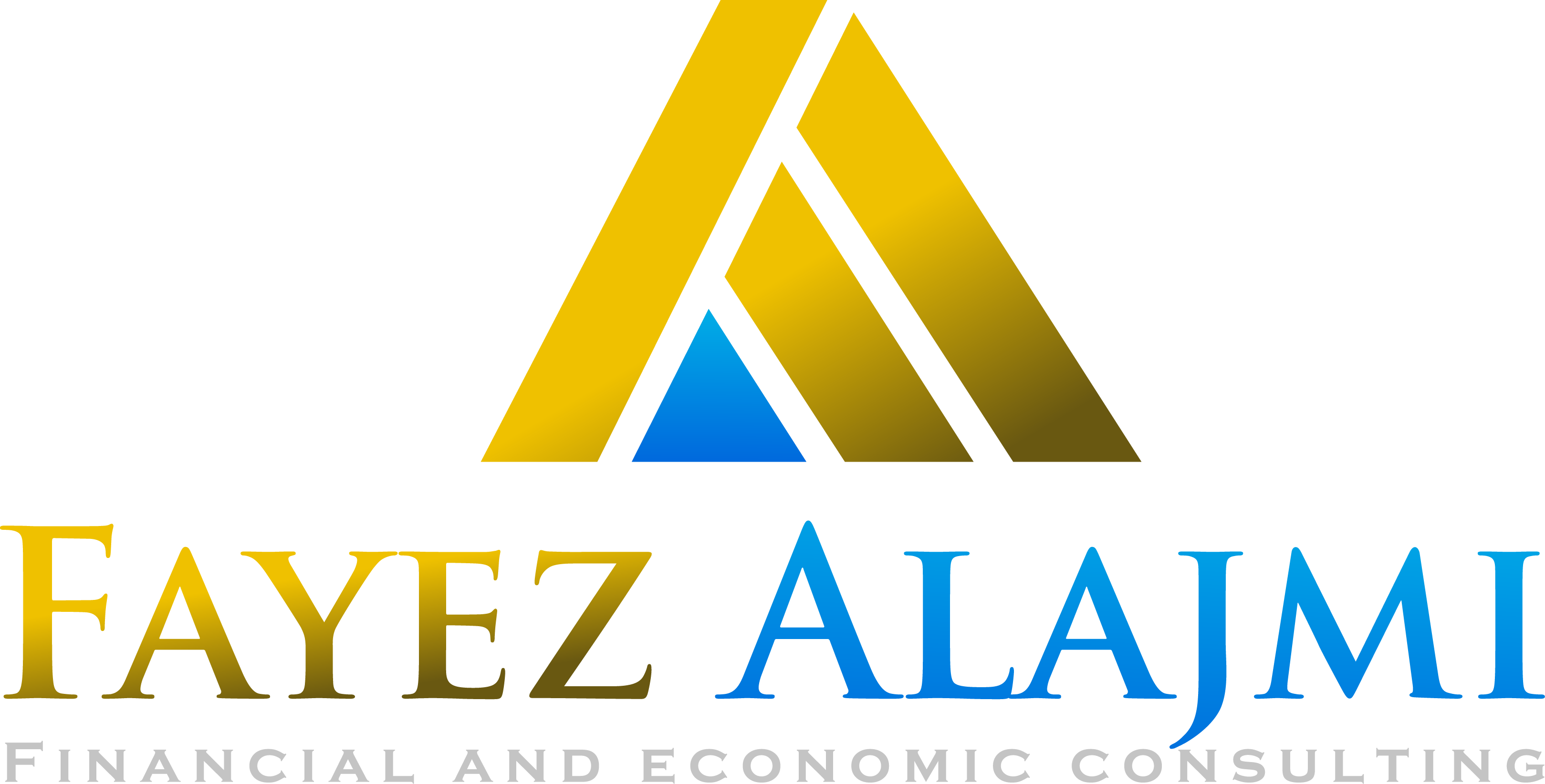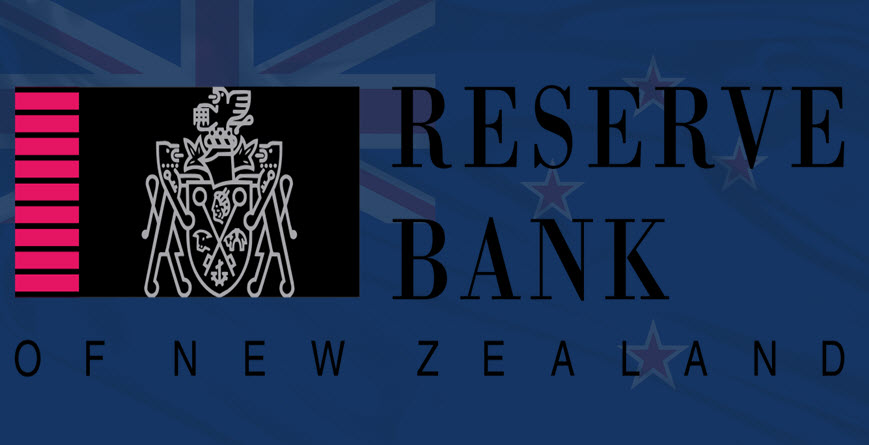In the Asian session, tomorrow morning, Wednesday, markets are awaiting the Reserve Bank of New Zealand’s announcement of interest rates, as expectations indicate that the bank will raise interest rates by a quarter point (25 basis points) to 0.50% at its meeting tomorrow morning, after the decision was postponed in the last August meeting to coincide with the The government announces new restrictions for the fourth level closure due to the Corona virus.
The New Zealand economy recorded a growth in gross domestic product by 2.8% in the second quarter of this year ending in June, compared to 1.6% in the first quarter before it was revised and revised to 1.4%.
On the other hand, inflation on an annual basis recorded a rise above the bank’s target by 3.3% in the second quarter ending in June (the bank’s target is 1-3%) for the first time in ten years.
Housing and real estate prices in New Zealand rose by about 31%, while unemployment rates fell to 4%.
The inflationary pressures that the New Zealand economy is experiencing will make the Reserve Bank of New Zealand the first bank to raise interest rates from the major economic banks around the world, despite the decline in market expectations that were referring to a rate hike by half a point two weeks ago to raise by about a quarter of a point, according to expectations of 20 The 21 economists polled by Bloomberg due to the impact of the shutdown on economic growth and risks to the outlook.
motion scenarios
A quarter point hike from the Reserve Bank of New Zealand, a large part of which was priced in the current New Zealand dollar rates, and therefore it is not excluded that we will witness declines when the decision is announced, especially if the interest rate decision contains a negative outlook.
A 50 basis point hike will support the NZD’s rise strongly because it is a highly unexpected move in the markets.
\Failure to raise interest rates from the Reserve Bank of New Zealand will cause sales of the New Zealand dollar.

 5 October، 2021
5 October، 2021
 ابحاث السوق
ابحاث السوق
 Views
: 1293
Views
: 1293
